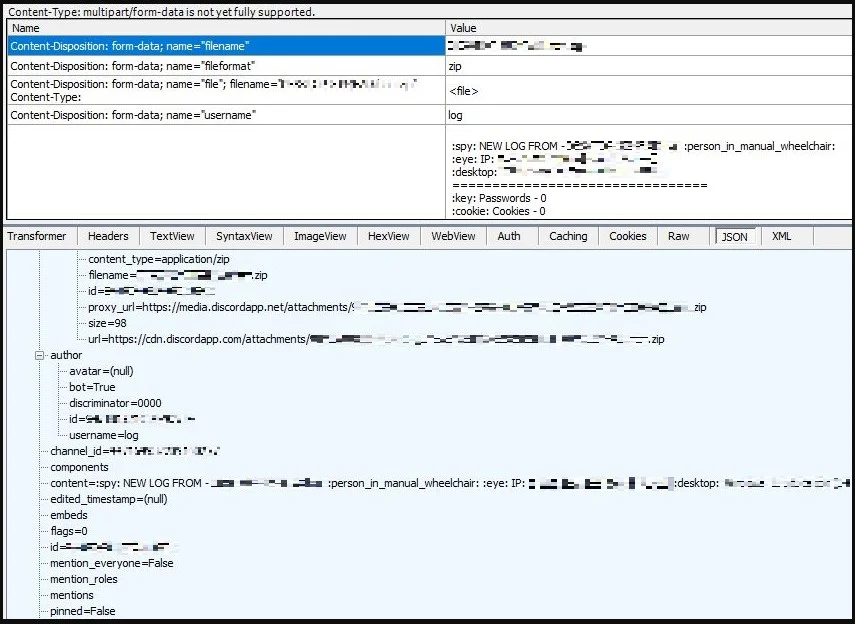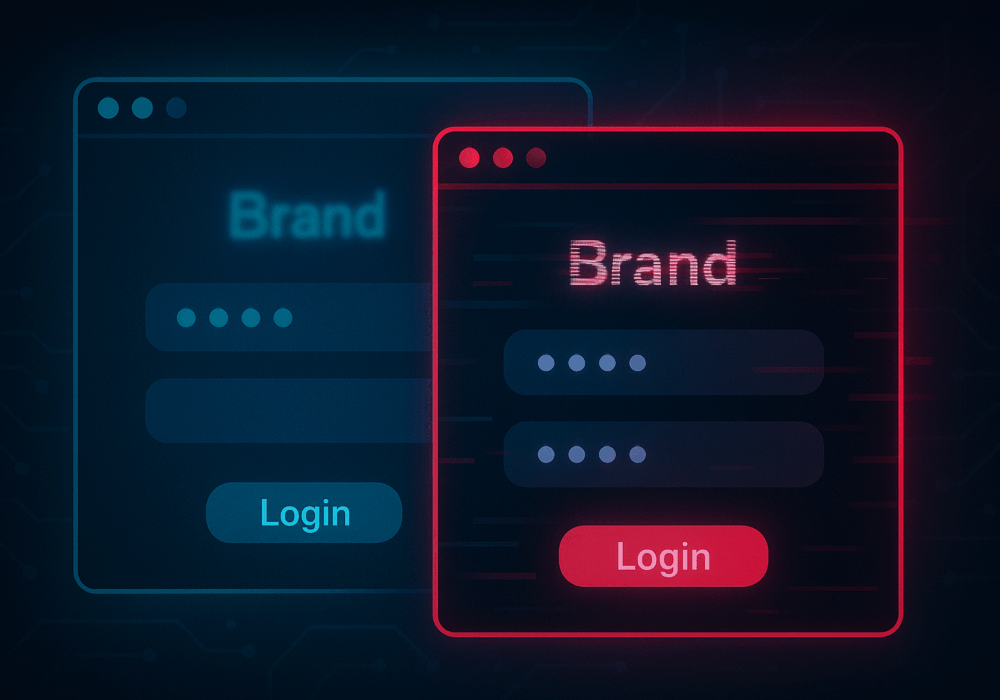Korean security analysts have spotted a malware distribution campaign that uses video game ‘cheat’ baits on YouTube to trick players into downloading RedLine, a powerful information-stealing piece of malware. The video game, Valorant, is a free first-person shooter available on PC. The video on YouTube shows someone how to install an ‘aimbot’, which is software integrated with the game that automatically points the player’s weapon at any opposing player without the player’s input at all. This essentially allows skill-less players to dominate and escalate the rankings easily.
In the video description on YouTube, it has an external link to install the ‘aimbot’ that brings you to a download page. Users who attempt to download the file in the video’s description will be taken to an ‘anonfiles’ page from where they’ll get a RAR archive that contains an executable named ‘Cheat installer.exe’. This file in reality is a copy of RedLine stealer, one of the most widely deployed password-stealing malware infections that snatch the following data from infected systems:
After collecting this information, RedLine neatly packs it in a ZIP archive named “().zip” and exfiltrates the files via a WebHook API POST request to a Discord server, shown below:

Apart from the fact that cheating in video games takes the fun out of playing and ruins the game for others, it’s also a potentially severe security risk. None of these cheat tools are created by trustworthy entities, none are digitally signed (so Anti-Virus warnings are bound to be ignored), and many are malware.
ASEC’s report contains a recent example, but that’s just a drop in the bucket of malicious download links under YouTube videos that promote free software of various types. The videos that promote these tools are often stolen from elsewhere and are re-posted from malicious users on newly created channels to act as bait. Even if the comments below these videos praise the uploader and claim the tool works as promised, they should not be trusted as these can easily be faked.
Always be wary of links in YouTube descriptions, if you’re unsure of where the link may lead, using Link Checkers can help you determine if something is sketchy or not.
Additional Cybersecurity Recommendations
Additionally, these recommendations below will help you and your business stay secure with the various threats you may face on a day-to-day basis. All of the suggestions listed below can be gained by hiring CyberHoot’s vCISO Program development services.
All of these recommendations are built into CyberHoot the product or CyberHoot’s vCISO Services. With CyberHoot you can govern, train, assess, and test your employees. Visit CyberHoot.com and sign up for our services today. At the very least continue to learn by enrolling in our monthly Cybersecurity newsletters to stay on top of current cybersecurity updates.
Sources:
Fake Valorant Cheats on YouTube Infect You With RedLine Stealer
Infostealer Being Distributed via YouTube
Additional Reading:
Links from YouTube video captions are being used to hide password-stealing malware
Fake gaming apps on Microsoft Store drop Electron Bot malware
Discover and share the latest cybersecurity trends, tips and best practices – alongside new threats to watch out for.

In cybersecurity, not all attacks happen through fancy malware or zero-day exploits. Some of the most effective...
Read moreGet sharper eyes on human risks, with the positive approach that beats traditional phish testing.
